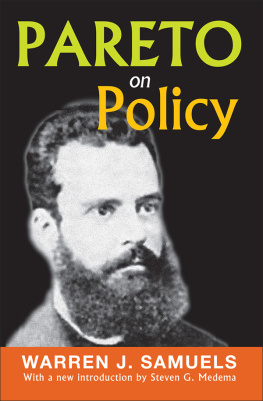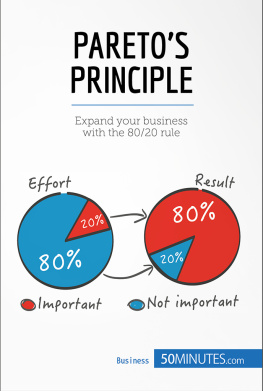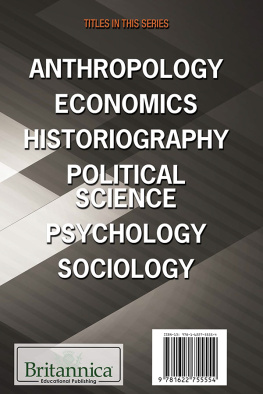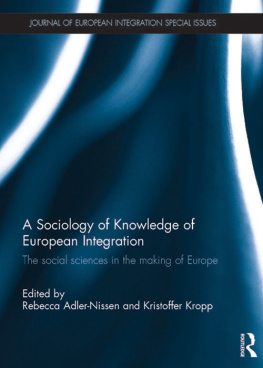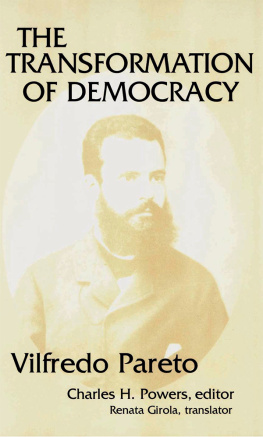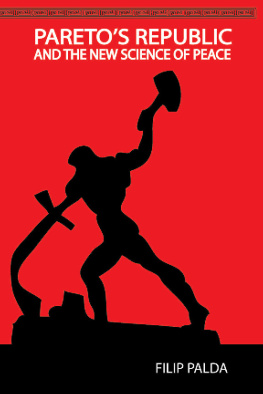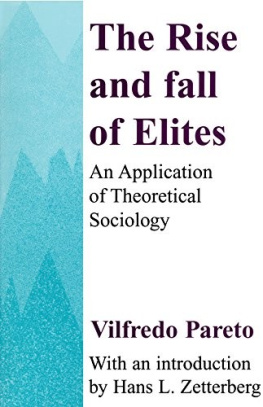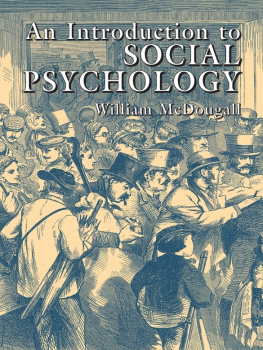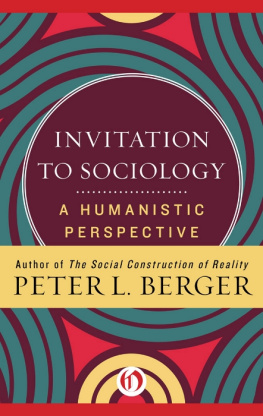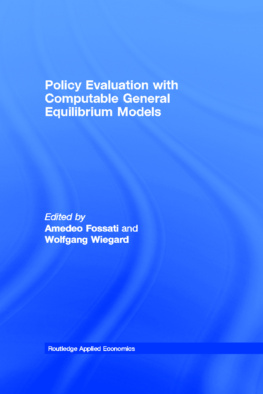Steven G. Medema
When the economist of today contemplates the other social sciences, it is usually as economist qua economistlooking at political activity, sociological phenomena, the law, etc. through the lens of rational choice theory with the goal of providing new frameworks for analysis that challenge or support (but perhaps with a superior perceived grounding) the received views in these other disciplines. Rare is the economist whose approach is truly that of a multidisciplinary social scientist, one who draws on the insights of a range of disciplines to develop sophisticated insights into social issues or broad-based frameworks for the analysis thereof. But it was not always so. Intellectual history is littered with polymaths who not only made fundamentally important contributions to a range of disciplines, but who saw them as necessarily interrelated and as constituent elements for doing social science. Vilfredo Pareto was one of these; Warren Samuels was another. The present volume, originally published in 1971 and reissued here by Transaction, brings them together in Samuels profound and insightful commentary on Paretos monumental Trattato di Sociologia Genrale (Treatise on General Sociology, hereinafter, the Trattato), published in four volumes in 1916.
For Samuels, as for Pareto, economics is first and foremost a policy science. But each of these men was of the mind that the economy is not and cannot properly be conceived of an independent subsystemhence the need for the broader social science view. While Paretos Trattato attracted a great deal of attention among sociologists, political scientists, psychologists, and economists, much of the discussion was grounded in the disciplinary approach of the commentator and thus, for Samuels, missed out on the larger threads that unified Paretos system. Samuels goal in Pareto on Policy was to rise above narrow disciplinary confines to get at Paretos larger message and, in doing so, reveal the inherent complexity of policy analysis and the need for a deep and comprehensive approach to the subjectan approach of the sort revealed by Pareto in the Trattato, and which defined Samuels own perspective on the theory of economic policy.
About the Author
The passing of Warren J. Samuels on August 17, 2011 brought to a close what was perhaps the most prolific modern career in the study of the history of economics. Whether it was through one of the hundreds of articles that he authored, the innumerable volumes that he edited or co-edited, through his work as a founder of the History of Economics Society and of the journal, History of Political Economy, or as the founding editor of Research in the History of Economic Thought and Methodology, Samuels left almost no aspect of the history of economics untouched by his efforts. His wide-ranging intellectual curiosity was matched only by his capacity for hard work, and the combination plays out over a vita that runs to 87 pages.
Samuels passing brought with it more than the loss of a valued colleague. It also provided another signal of the end of an erathat of the generalist historian of economics who makes important scholarly contributions across the spectrum of the history of economic ideas, with those ideas laid out against the contextual backdrops that span the humanities, social sciences, natural sciences, and events of the period in question. In recent decades, historians of economics have followed the lead of their economist brethren in becoming ever more narrowly specialized. While they reach beyond the confines of economics to draw on literary theory, intellectual historiography, the sociology of knowledge, and so on, those tools are applied to a relatively narrow slice of the history of economics. The modern historian of economics is the craftsman who remodels kitchens or handcrafts furniture. The giants of the past built and furnished the entire house. Adam Smith has told us that the modern way is a good thingthat the division of labor is the source of all improvements.
But some historians of economics transcend Smiths point. Warren Samuels was one. Mark Blaug, Bob Coats, Denis OBrien, Lionel Robbins, and George Stigler were others. Of these, only OBrien still walks among us.
Born in 1933, Warren Samuels earned his B.B.A. from the University of Miami in 1954 with majors in economics, accounting, and political science, and a minor in philosophyan early indication of the breadth of scholarly interests that would define his career. He went on to pursue graduate work at the University of Wisconsin, turning down offers from Harvard and Duke because of his interest in further immersing himself into the Wisconsin-J.R. Commons institutionalist tradition, to which he had been exposed while an undergraduate at Miami. Samuels earned his M.S. in economics from Wisconsin in 1955, and his Ph.D. in economics in 1957. He held positions at the University of Missouri, Georgia State University, and the University of Miami before moving to Michigan State University in 1968. He officially retired from MSU with emeritus status in 1998 but continued to teach for several years thereafter, until relocating permanently to Gainesville, Florida with his wife, Sylvia.
Though most closely identified with the institutionalist branch of economicsand, specifically, its Wisconsin variant dominated by the work and legacy of John R. CommonsSamuels was a true eclectic, finding relevance and inspiration in the work of scholars as diverse as Adam Smith, Karl Marx, Frank Knight, Thorstein Veblen, F.A. Hayek, and Paul Samuelson. Indeed, this very eclecticism was the source of no small amount of interesting commentary and even controversy throughout his career. Samuels was referred to as an institutionalist and even a Marxist by those on the right and as a neoclassical economist and even a libertarian by those on the left. He often remarked that people have a deep-seated desire for a world of certainty, determinacy, and uniformity, and become very uncomfortable with one characterized by uncertainty, indeterminacy and heterogeneity. Samuels was perhaps most at home in the latter world, and his scholarly careerfrom the courses he taught to his published writings to his editorial workis in many ways representative of these themes. This is also the perspective that drew him to Pareto.

